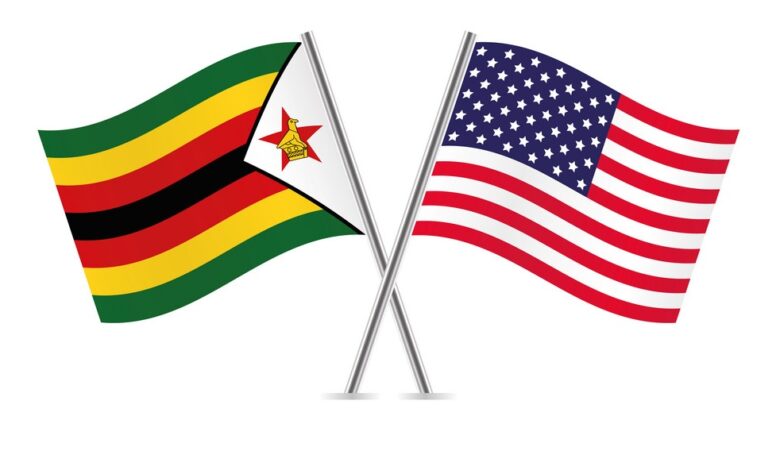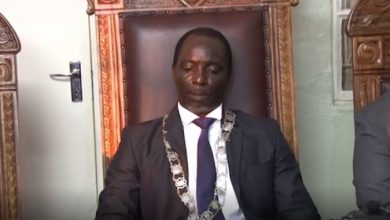US Embassy calls for business reforms in Zimbabwe to boost US investment

The Zimbabwean government has been implored to make key business reforms to attract more bilateral investments from the United States of America (USA), noted US Embassy in Harare Chargé d’Affaires, Elaine French.
French made these remarks in an interview on The Breakfast Club Show hosted on Asakhe Online.
She said the USA is open to increased bilateral investment with Zimbabwe, as evident in the Foreign Direct Investment (FDI) recorded in past years.
“We welcome the opportunity for increased bilateral investment with Zimbabwe, but it’s going to require some key reforms. We have a lot of work to do, but what is key is that when we look at the Foreign Direct Investment from the United States in Zimbabwe, in 2022 it stood at $238 million, and that is not an insignificant amount. However, that FDI falls short of the United States’ investments in Zimbabwe’s neighbours, and the FDI that was coming to Zimbabwe in the past, so I think there is definitely more we can do,” French said.
“We are working with our Department of Commerce to engage business and investors in the United States to educate them on the opportunities in Zimbabwe. We are promoting matchmaking programs that link US businesses and Zimbabwean businesses, and we also conduct company promotions. Last month, we hosted a company interested in new technologies, which was interested in the Zimbabwean market. We also collaborate and work with the American Chamber of Commerce here in Zimbabwe.”
French noted that the introduction of a new currency in Zimbabwe, the Zimbabwe Gold (ZiG), is a step in the right direction as it may inspire economic stability.
“We understand that the new currency has just been announced. We know that greater economic stability is important for attracting more investments and more trade, and that sort of stability is going to help with economic growth. I understand that in some way, a market-driven and competitive currency rate is very important for Zimbabwe, and it is something that the IMF has recommended in the past,” she noted.
“But I think we are going to have to wait and see how the implementation of this currency rolls out in the next few weeks, and we are also waiting to see when the IMF comes to do their next assessment, what their take is on where this currency stands and how it is contributing to macroeconomic stability in the country.”





